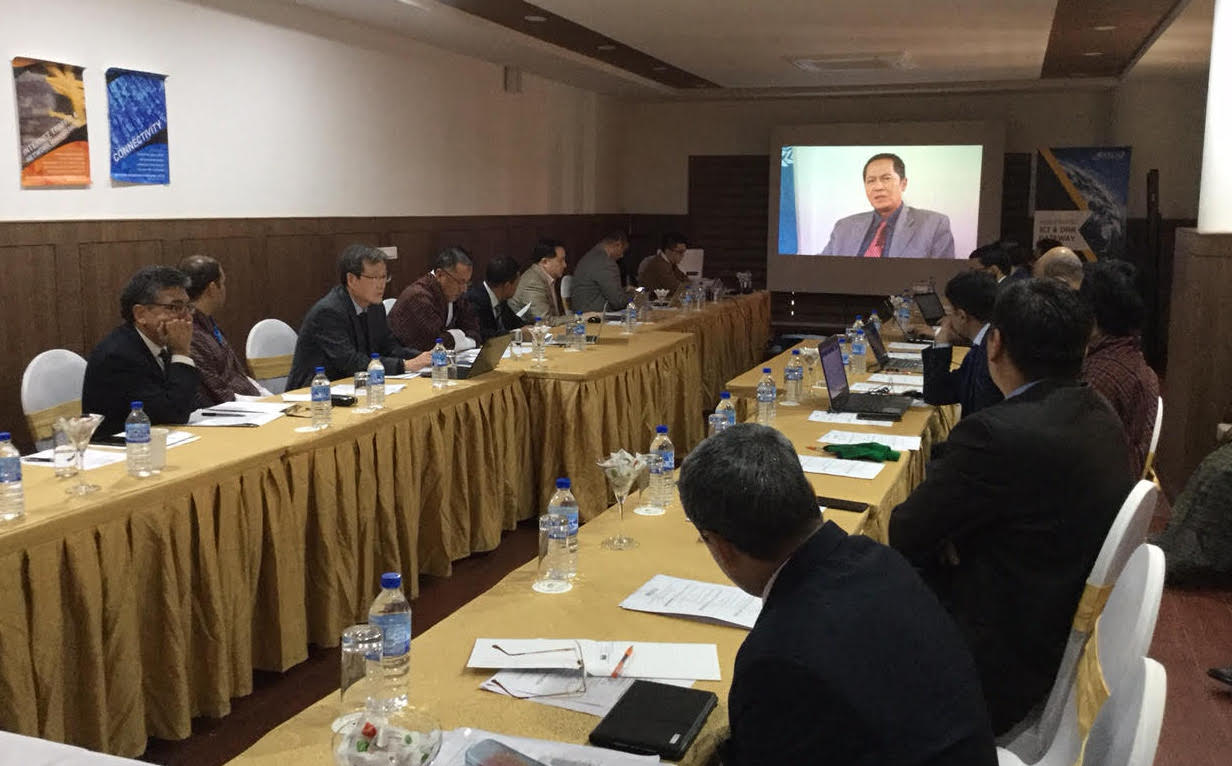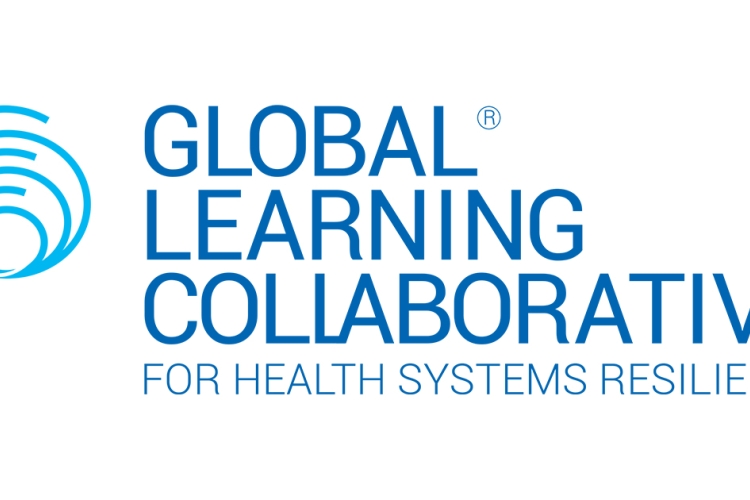Video on E-Resilience for Sustainable Development
As part of the Sub-Regional Workshops on Internet Traffic Management and E-resilience for the Asia-Pacific Information Superhighway, Mr. Puji Pujiono, Regional Adviser on Disaster Risk Reduction at UNESCAP, talks about e-resilience and sustainable development.
Resilience is defined as the capacity of countries to withstand, adapt to, and recover from natural disasters and major economic crises - so that their people can continue to lead the kind of life they value. E-resilience refers to the ability of ICT systems to withstand, recover from and change in the face of an external disturbance such as a natural disaster. Addressed holistically, e-resilience has the potential to reduce disaster risks and improve disaster management and preparedness.
 The aforementioned is highly relevant, considering that Asia and the Pacific is the most disaster prone region in the world and ICT plays a critical role in the achievement of Sustainable Development Goals (SDG). Particularly SDG 9 is strongly linked to the topic of e-resilience, as it entails building resilient infrastructure. In addition, target 9.c seeks to considerably increase access to ICT and provide universal access to the Internet in LDCs by 2020.
The aforementioned is highly relevant, considering that Asia and the Pacific is the most disaster prone region in the world and ICT plays a critical role in the achievement of Sustainable Development Goals (SDG). Particularly SDG 9 is strongly linked to the topic of e-resilience, as it entails building resilient infrastructure. In addition, target 9.c seeks to considerably increase access to ICT and provide universal access to the Internet in LDCs by 2020.
The sub-regional workshops on Internet Traffic Management and E-resilience for the Asia-Pacific Information Superhighway are held in Thimphu, Bhutan on 7-8 December 2016. More information can be found here.





